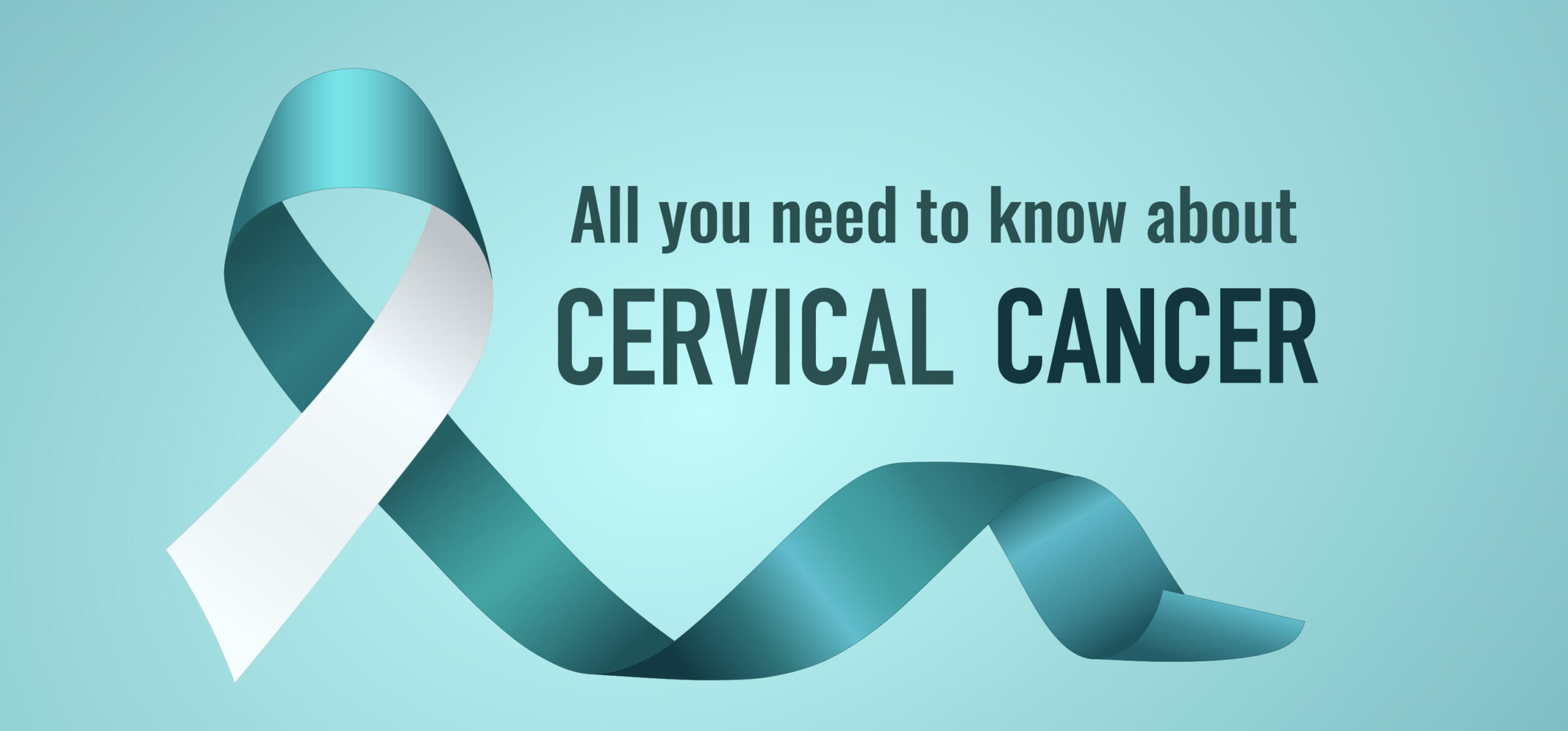Cervical cancer is a significant health issue in India. According to the Indian Council of Medical Research (ICMR), cervical cancer is the second most common cancer among Indian women aged between 15 to 44 years. It is estimated that there are around 1,22,800 new cases and 67,500 deaths from cervical cancer in India each year, making it a leading cause of cancer-related deaths among women in the country.
The high burden of cervical cancer in India is attributed to factors such as lack of awareness, limited access to screening and vaccination programs, and inadequate healthcare infrastructure in many parts of the country. Efforts to improve prevention, early detection, and treatment services are crucial in reducing the burden of cervical cancer in India. The HPV (human papillomavirus) vaccine helps prevent cervical cancer by protecting against the types of HPV that are most commonly associated with cervical cancer development. HPV is a sexually transmitted infection, and certain high-risk types, notably HPV types 16 and 18, are responsible for the majority of cervical cancer cases.
READ: All you need to know about Cervical Cancer and HPV Vaccine
By vaccinating individuals before they become sexually active, the HPV vaccine can effectively prevent HPV infection and subsequent development of cervical cancer. Vaccination stimulates the immune system to produce antibodies against HPV, providing long-term protection.
By reducing the prevalence of HPV infections in the population, the vaccine significantly lowers the risk of cervical cancer. It’s an essential tool in comprehensive cervical cancer prevention strategies, complementing other measures like regular screening with Pap smears or HPV testing. Overall, widespread HPV vaccination has the potential to greatly reduce the incidence of cervical cancer and related mortality.
The cervical cancer vaccine’s inclusion in the interim budget underscores its pivotal role in public health. By allocating resources, governments prioritize preventive measures, reducing the burden of cervical cancer, a leading cause of mortality among women worldwide. Investing in vaccination programs promotes early detection and eradication of human papillomavirus (HPV), the primary cause of cervical cancer, fostering long-term health benefits. Additionally, it reflects a commitment to gender equity and healthcare accessibility, ensuring women, especially in underserved communities, have access to life-saving interventions. Ultimately, integrating the vaccine into the budget demonstrates proactive measures to mitigate the socio-economic impact of cervical cancer.



